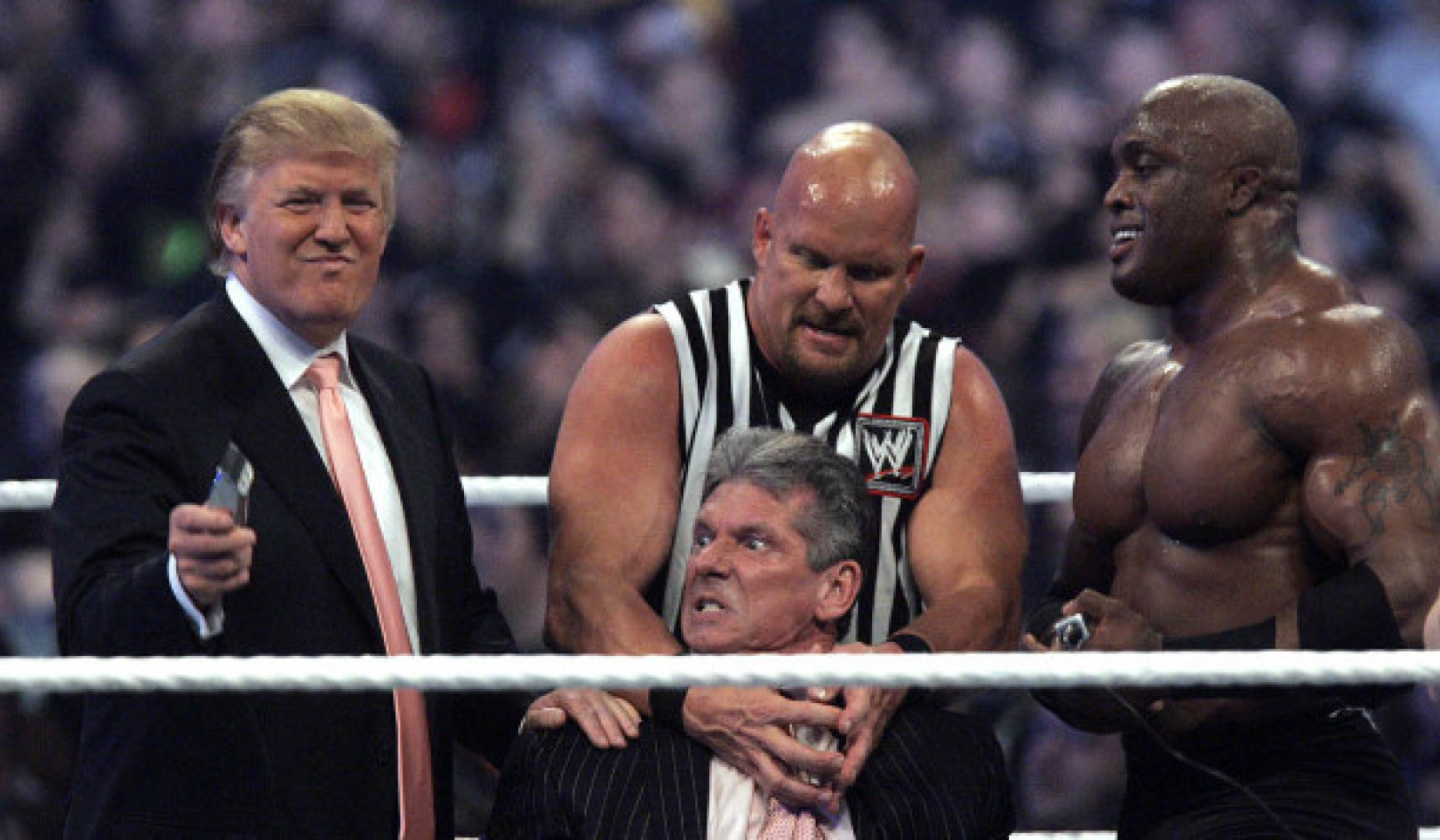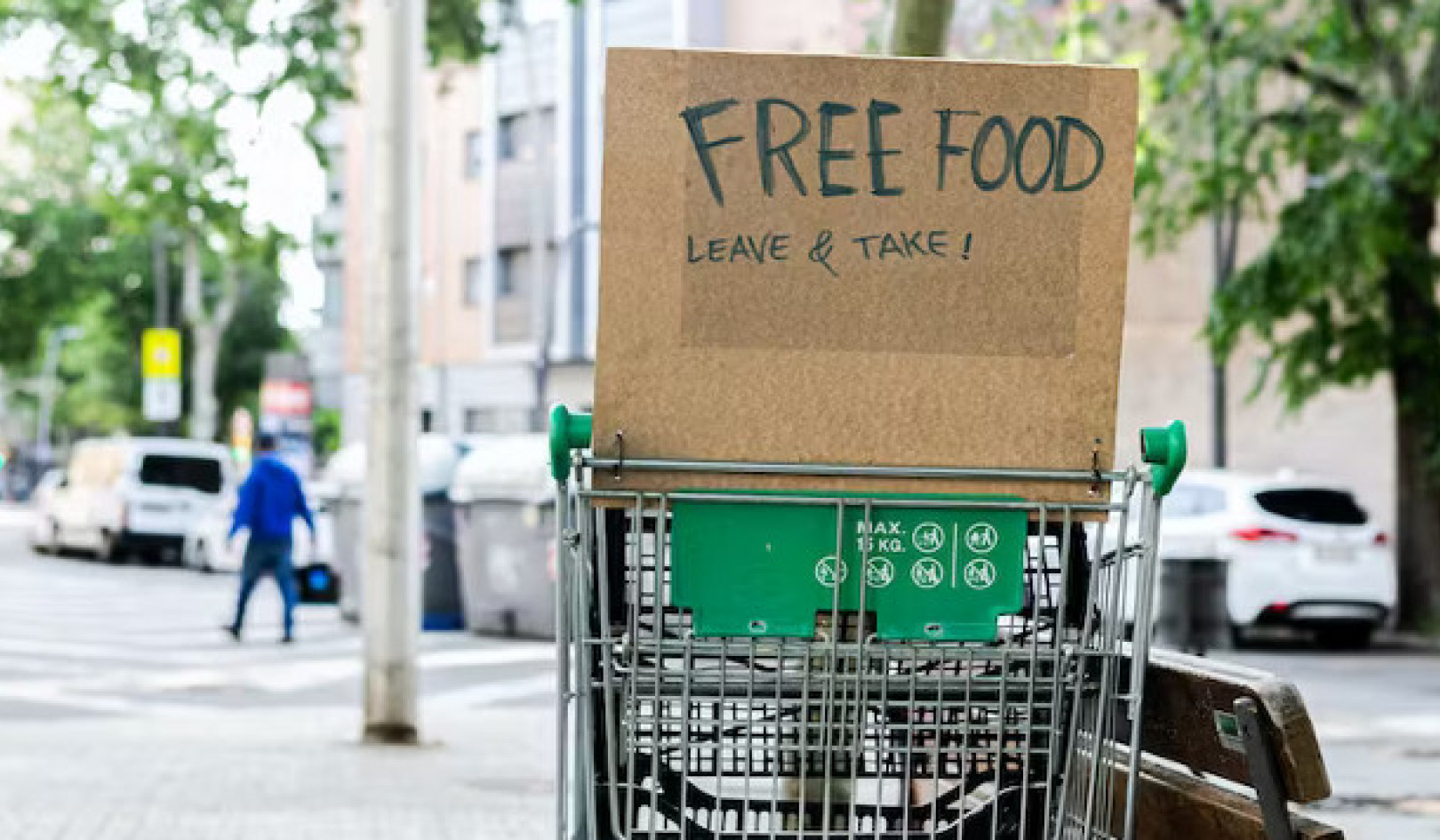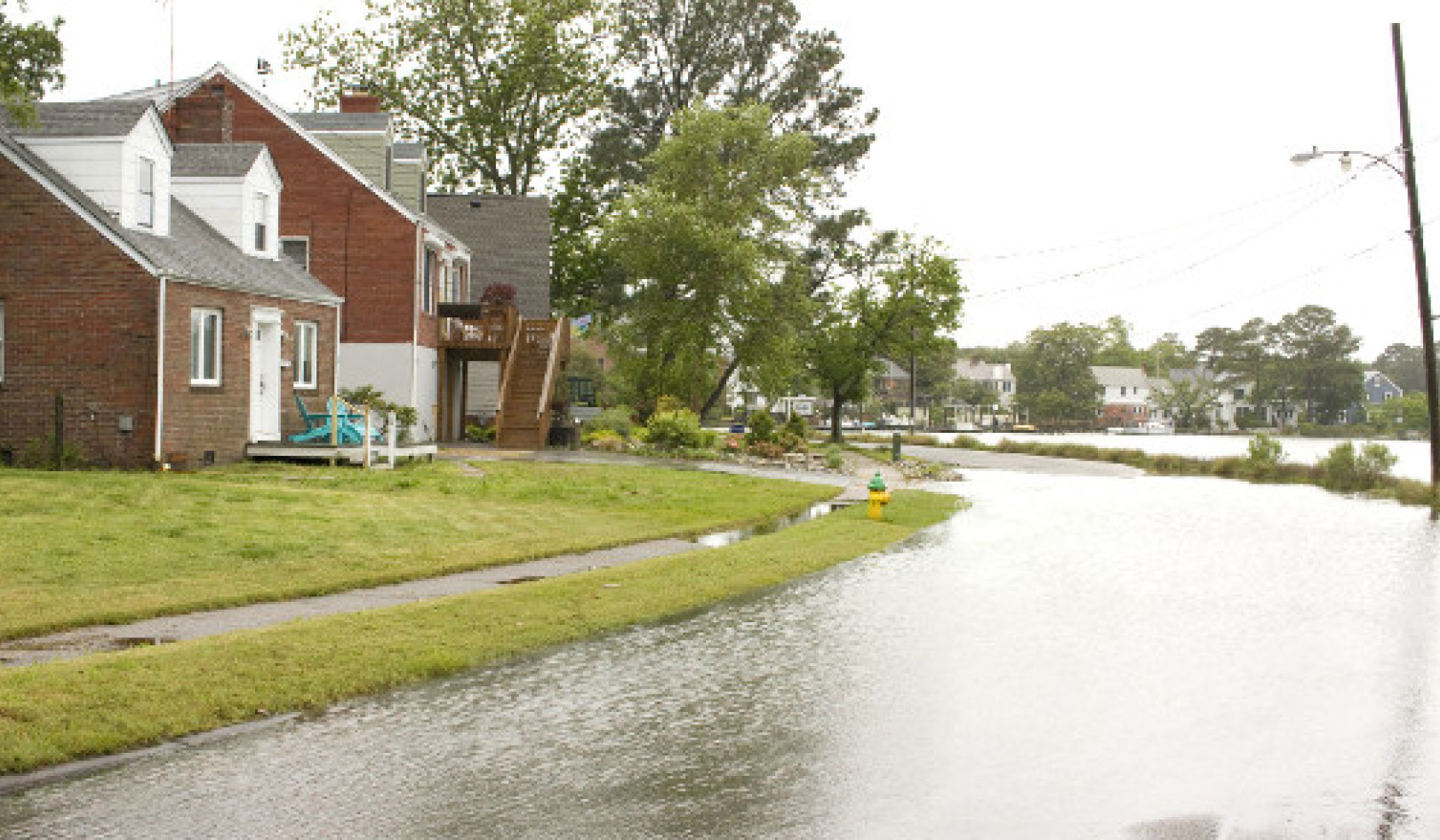 Wearing a mask may not be enough. AP Photo/Lee Jin-man
Wearing a mask may not be enough. AP Photo/Lee Jin-man
The COVID-19 outbreak appears headed for the U.S., and the Centers for Disease Control and Prevention are urging Americans to prepare now, such as by stocking up on food and prescription drugs.
But since the U.S. economy and its workforce are also at risk of getting sick – a concern you can see in the recent stock market rout – it’s important to make preparations to ensure they stay healthy too.
While the Federal Reserve says it is carefully watching COVID-19’s “evolving” impact and will cut interest rates if necessary, this would primarily help banks and businesses. It would do relatively little to aid workers who might be temporarily without an income, which would hurt not only their families but the economy as well.
Fortunately, there’s a remedy: unemployment insurance – a topic I’ve written about in the past. Currently it’s not designed to help in a pandemic. But with a few easy changes, it could make a big difference, not only in softening the blow for workers and the economy but also in preventing the spread of COVID-19.
Workers are vulnerable
More than three-quarters of U.S. workers live paycheck to paycheck, while a significant share of American households would struggle with an unexpected US$400 expense.
If you are living this way, you have a strong incentive to go to work even when sick, which makes it easier for a disease like coronavirus to spread and increases the odds of an outbreak.
In addition, during a pandemic, health officials put large numbers of people in quarantines in hopes of preventing the virus’ spread. This temporarily shuts down businesses and puts hourly workers out of a job until it reopens.
How unemployment insurance works
Unemployment insurance is a part of the country’s social safety net. It provides a temporary paycheck to workers who lose their jobs through no fault of their own or who are furloughed when a business temporarily shuts down.
Unemployment insurance is a federally mandated program run by individual states that partially protects workers’ incomes when they lose their job. It covers both hourly and salaried workers and provides laid-off workers who sign up some protection by paying a portion of their wages for up to half a year. Workers who are self-employed and those fired are not eligible for the program.
The amount of each unemployment insurance payment depends on the worker’s past salary and where she worked. Each state has slightly different rules. For example, when the federal government shut down in 2019, Virginia told federal workers they would get anywhere from a minimum of $60 to a maximum of $378 a week if they asked for benefits. Federal workers applying for unemployment insurance in Washington D.C., however, were eligible for a maximum benefit of $425 per week.
In place since the 1930s, the system works well during major economic shocks but can come up short during pandemics.
While other countries have recognized the shortcomings in their laws, the U.S. has done little to ensure the incomes of quarantined and other workers are adequately protected during an outbreak.
Fixing the system
Some small changes could make the system very effective in a pandemic.
First, there is currently a one-week waiting period for benefits in most states. The government does this because many people who are laid off quickly find new work. For people affected by a pandemic, which has a two-week quarantine period, this provision could be eliminated.
Second, most people getting unemployment insurance benefits need to certify they are actively searching for work. For example, Massachusetts requires three job searches per week, as does New York. During a pandemic, society wants less travel and less human contact – we don’t want sick people going out for job interviews. People affected by a pandemic should be exempted from the job search requirement.
Third, during disasters the Stafford Act gives the president the right to declare a “major disaster,” which allows the president to provide unemployment benefits to any individuals who become unemployed as a direct result. Declaring a disaster allows the president to tap the Disaster Relief Fund, which contains billions of dollars.
While previous infectious disease outbreaks have been designated “emergencies” – which provides some federal assistance – none has been deemed a major disaster. Expanding the law to include pandemics as major disasters – as some lawmakers have urged – would make it possible for the president to make sure individuals affected by an outbreak have the support they need.
It would only take small changes like these to make the unemployment insurance program more useful to those sick, quarantined or temporarily idled during a pandemic.
While this will not solve all the economic problems caused by COVID-19, or the next pandemic disease, it would give American workers and the broader economy a lot more breathing room.
About The Author
Jay L. Zagorsky, Senior Lecturer, Questrom School of Business, Boston University
This article is republished from The Conversation under a Creative Commons license. Read the original article.
Recommended books:
Capital in the Twenty-First Century
by Thomas Piketty. (Translated by Arthur Goldhammer)
 In Capital in the Twenty-First Century, Thomas Piketty analyzes a unique collection of data from twenty countries, ranging as far back as the eighteenth century, to uncover key economic and social patterns. But economic trends are not acts of God. Political action has curbed dangerous inequalities in the past, says Thomas Piketty, and may do so again. A work of extraordinary ambition, originality, and rigor, Capital in the Twenty-First Century reorients our understanding of economic history and confronts us with sobering lessons for today. His findings will transform debate and set the agenda for the next generation of thought about wealth and inequality.
In Capital in the Twenty-First Century, Thomas Piketty analyzes a unique collection of data from twenty countries, ranging as far back as the eighteenth century, to uncover key economic and social patterns. But economic trends are not acts of God. Political action has curbed dangerous inequalities in the past, says Thomas Piketty, and may do so again. A work of extraordinary ambition, originality, and rigor, Capital in the Twenty-First Century reorients our understanding of economic history and confronts us with sobering lessons for today. His findings will transform debate and set the agenda for the next generation of thought about wealth and inequality.
Click here for more info and/or to order this book on Amazon.
Nature's Fortune: How Business and Society Thrive by Investing in Nature
by Mark R. Tercek and Jonathan S. Adams.
 What is nature worth? The answer to this question—which traditionally has been framed in environmental terms—is revolutionizing the way we do business. In Nature’s Fortune, Mark Tercek, CEO of The Nature Conservancy and former investment banker, and science writer Jonathan Adams argue that nature is not only the foundation of human well-being, but also the smartest commercial investment any business or government can make. The forests, floodplains, and oyster reefs often seen simply as raw materials or as obstacles to be cleared in the name of progress are, in fact as important to our future prosperity as technology or law or business innovation. Nature’s Fortune offers an essential guide to the world’s economic—and environmental—well-being.
What is nature worth? The answer to this question—which traditionally has been framed in environmental terms—is revolutionizing the way we do business. In Nature’s Fortune, Mark Tercek, CEO of The Nature Conservancy and former investment banker, and science writer Jonathan Adams argue that nature is not only the foundation of human well-being, but also the smartest commercial investment any business or government can make. The forests, floodplains, and oyster reefs often seen simply as raw materials or as obstacles to be cleared in the name of progress are, in fact as important to our future prosperity as technology or law or business innovation. Nature’s Fortune offers an essential guide to the world’s economic—and environmental—well-being.
Click here for more info and/or to order this book on Amazon.
Beyond Outrage: What has gone wrong with our economy and our democracy, and how to fix it -- by Robert B. Reich
 In this timely book, Robert B. Reich argues that nothing good happens in Washington unless citizens are energized and organized to make sure Washington acts in the public good. The first step is to see the big picture. Beyond Outrage connects the dots, showing why the increasing share of income and wealth going to the top has hobbled jobs and growth for everyone else, undermining our democracy; caused Americans to become increasingly cynical about public life; and turned many Americans against one another. He also explains why the proposals of the “regressive right” are dead wrong and provides a clear roadmap of what must be done instead. Here’s a plan for action for everyone who cares about the future of America.
In this timely book, Robert B. Reich argues that nothing good happens in Washington unless citizens are energized and organized to make sure Washington acts in the public good. The first step is to see the big picture. Beyond Outrage connects the dots, showing why the increasing share of income and wealth going to the top has hobbled jobs and growth for everyone else, undermining our democracy; caused Americans to become increasingly cynical about public life; and turned many Americans against one another. He also explains why the proposals of the “regressive right” are dead wrong and provides a clear roadmap of what must be done instead. Here’s a plan for action for everyone who cares about the future of America.
Click here for more info or to order this book on Amazon.
This Changes Everything: Occupy Wall Street and the 99% Movement
by Sarah van Gelder and staff of YES! Magazine.
 This Changes Everything shows how the Occupy movement is shifting the way people view themselves and the world, the kind of society they believe is possible, and their own involvement in creating a society that works for the 99% rather than just the 1%. Attempts to pigeonhole this decentralized, fast-evolving movement have led to confusion and misperception. In this volume, the editors of YES! Magazine bring together voices from inside and outside the protests to convey the issues, possibilities, and personalities associated with the Occupy Wall Street movement. This book features contributions from Naomi Klein, David Korten, Rebecca Solnit, Ralph Nader, and others, as well as Occupy activists who were there from the beginning.
This Changes Everything shows how the Occupy movement is shifting the way people view themselves and the world, the kind of society they believe is possible, and their own involvement in creating a society that works for the 99% rather than just the 1%. Attempts to pigeonhole this decentralized, fast-evolving movement have led to confusion and misperception. In this volume, the editors of YES! Magazine bring together voices from inside and outside the protests to convey the issues, possibilities, and personalities associated with the Occupy Wall Street movement. This book features contributions from Naomi Klein, David Korten, Rebecca Solnit, Ralph Nader, and others, as well as Occupy activists who were there from the beginning.
Click here for more info and/or to order this book on Amazon.






























